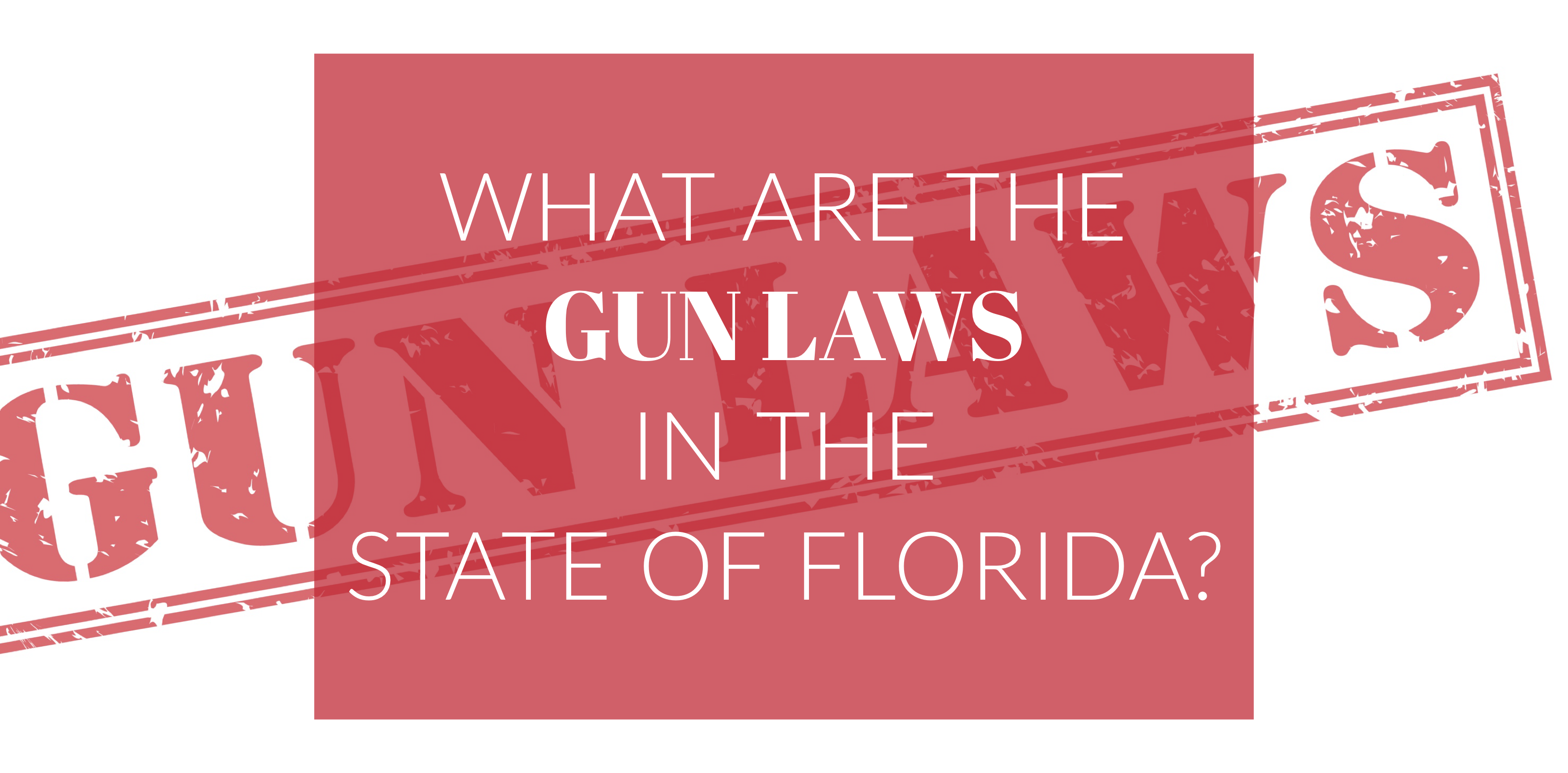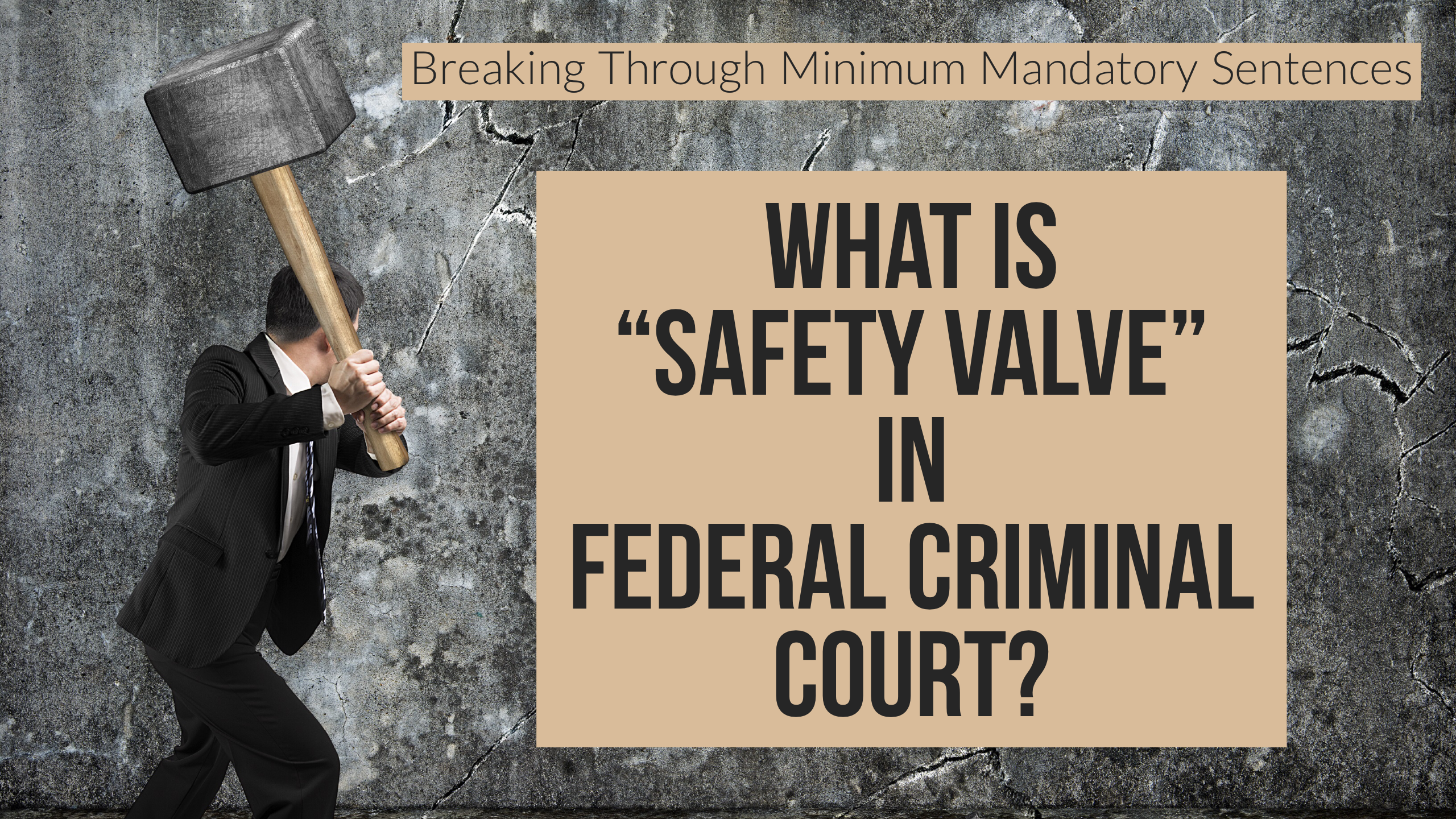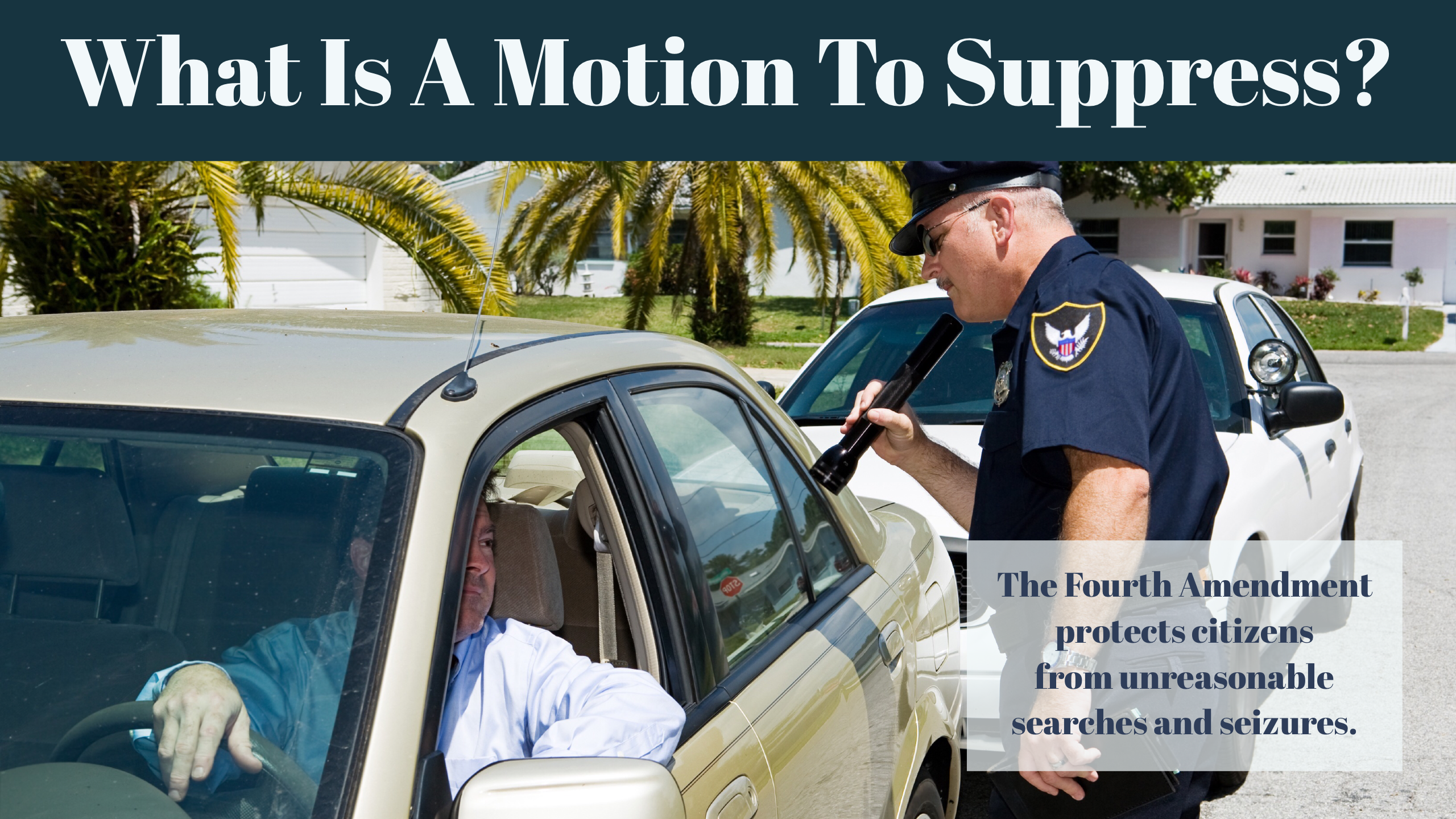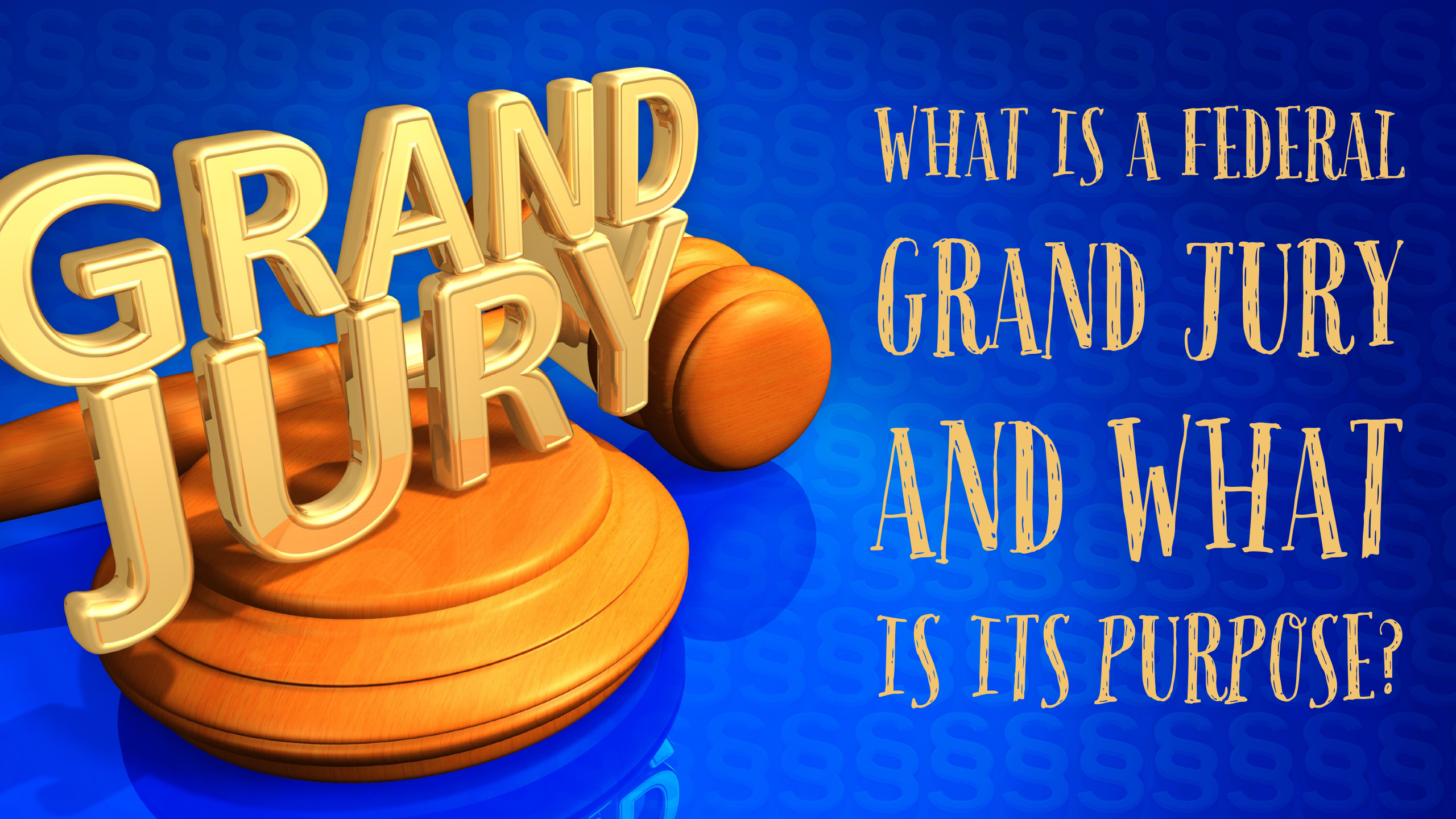
In the State of Florida, you can be compelled to perform Field Sobriety Exercises. This doesn’t mean that the officer can physically force you to perform the exercises. It simply means that the officer does not have to obtain your consent and your refusal to perform the field sobriety exercises can be used against you in court. So how would this play out? Let’s take a look:
What are Field Sobriety Exercises?
Field Sobriety Exercises are physical tasks that an officer will ask you to perform when that officer suspects that you are driving while under the influence of alcoholic beverages or drugs. Some of the exercises are standardized, meaning that the instructions and the way they are conducted are the same everywhere in the United States. Some of the exercises are not. Some examples of Field Sobriety Exercises are the Walk and Turn exercise, the Finger to Nose exercise, the One Leg Stand Exercise, the Rhomberg Alphabet exercise, and the Rhomberg Balance exercise. Each exercise is designed to divide your attention so you are concentrating on different tasks. For example, during the walk and turn exercise, you have to listen to instructions, remember to keep you arms by your sides, place one foot in front of the other heal to toe, walk down a line, take 9 steps, turn taking small steps during the turn and take 9 steps back, all while not swaying, raising your arms or stopping. The officer will mark down each thing that you do wrong and will form an opinion on whether you are impaired or not based on how you do on the Field Sobriety Exercises. In the real world however, the officer may have already formed an opinion about whether you are impaired before you ever start the field sobriety exercises and they may use the results of the field sobriety exercises to gather evidence against you.

 Jacksonville Criminal Lawyer Blog
Jacksonville Criminal Lawyer Blog




 There has been a lot of talk about new legislation regarding firearms, but what is the current status of the law as it relates to guns? Criminal defense lawyers know that there are plenty of firearm statutes with extreme high range of punishments already on the books in Florida. These laws are coupled with very long minimum mandatory sentences. There are also many different and often overlapping state and federal laws regulating all aspects of firearm possession, use, distribution, manufacturing, and more. This blog will lay out some of the more common firearm statutes in the State of Florida.
There has been a lot of talk about new legislation regarding firearms, but what is the current status of the law as it relates to guns? Criminal defense lawyers know that there are plenty of firearm statutes with extreme high range of punishments already on the books in Florida. These laws are coupled with very long minimum mandatory sentences. There are also many different and often overlapping state and federal laws regulating all aspects of firearm possession, use, distribution, manufacturing, and more. This blog will lay out some of the more common firearm statutes in the State of Florida.

 You were arrested or given a Notice To Appear. It was a petit theft, grand theft, possession of drugs, or some other non-violent offense. You’ve never been arrested before, or if you have, you have a very minor prior record. You’re scared. You don’t know what to expect. Will you go to jail? Will you lose your job? Will this haunt you forever?
You were arrested or given a Notice To Appear. It was a petit theft, grand theft, possession of drugs, or some other non-violent offense. You’ve never been arrested before, or if you have, you have a very minor prior record. You’re scared. You don’t know what to expect. Will you go to jail? Will you lose your job? Will this haunt you forever?
 A Federal Grand Jury is an integral part of almost any federal criminal case. Grand jury testimony often becomes a key issue in a federal criminal trial. But what is a Grand Jury exactly? How is it different than any other jury? How is the federal system different than in the Florida criminal justice system? What are your rights when it comes to a Grand Jury?
A Federal Grand Jury is an integral part of almost any federal criminal case. Grand jury testimony often becomes a key issue in a federal criminal trial. But what is a Grand Jury exactly? How is it different than any other jury? How is the federal system different than in the Florida criminal justice system? What are your rights when it comes to a Grand Jury?